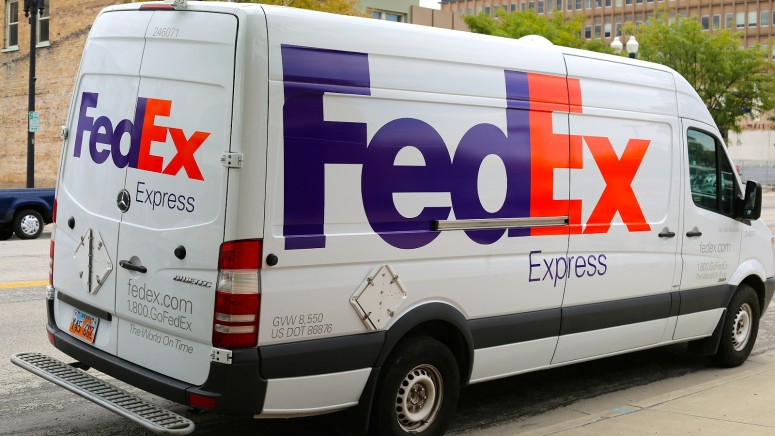
US Companies Want to Keep Doing Business With Huawei, and They Are
- US chip makers are using different labels and shipment routes to sell to Huawei lawfully.
- FedEx is suing the US Department of Commerce because they are making their operation impossible.
- Things may take a different turn in the upcoming G20 summit, otherwise, China will escalate the problem.
Reportedly, US companies wish to continue their collaboration with Huawei, and they are exploring various ways to bypass the Trump administration ban that was imposed about a month ago. As Huawei’s collaborators in the USA are starting to really feel the consequences of this decision, they gradually get more vocal against it, joining Google in their effort to try and convince the US Department of Commerce to remove Huawei from its entity list.
First, there are chip makers who are threatened to lose one of their biggest customers. Huawei is buying millions of chips from Intel and Micron, and the American companies are trying to find ways to bypass the ban. While the two companies initially ceased all shipments to China, they seem to have resumed business, as the New York Times reports that they are now taking advantage of a temporary provision in the law that allows US companies to sell products to Huawei as long as these have not been made in the USA. The Trump administration has been aware of this development but has not responded to it yet. Whether or not a new provision will be added to cover that gap remains to be seen.
In another case, FedEx has sued the US Department of Commerce, claiming that the new export regulations are too stodgy to be able to comply with. The legal complaint was filed in a DC federal court, and the main request from the judge and jury is to declare the existing export control laws unconstitutional, or at least exempt FedEx from it. FedEx claims that the new legislation even requires them to open sealed packages and search them, which constitutes a violation of the privacy laws that underpin mail delivery.
The Department of Commerce has also received multiple letters from corporate alliances that ask for waivers, but no companies have received an exemption to the law so far. What everyone is waiting for now is the upcoming G20 summit in Osaka, on June 28-29, where President Trump will have a talk with President Xi Jinping, hopefully agreeing to ease the tensions between the two countries. If no agreement is reached, China is expected to form their own “unreliable entities list”, and the tables will turn for Microsoft, Apple, Dell, and other US companies that are dependent on their good relations with China.
What do you think is the best way to resolve US-China tensions at this point, and where does Huawei fit in the equation? Share your opinion in the comments down below, or on our socials, on Facebook and Twitter.







